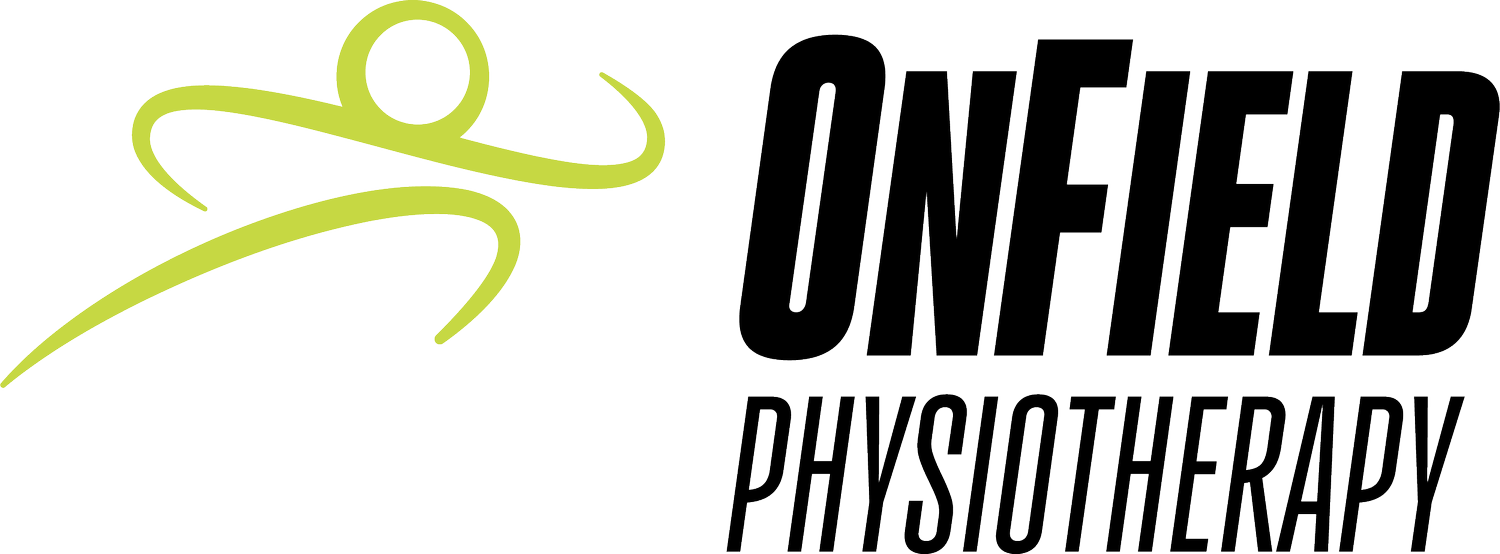Tip #1
Focus on Recovery
No doubt you will put the work in during your sessions, but its what you do afterwards which is arguably more important.
You need to ensure your body recovers appropriately before your next tough session, to decrease the risk of you getting injured.
Sleep is the body’s best recovery mechanism - aim for 8+ hours per night.
A 100 point recovery system such as this is a great way to give your body a better chance of recovering better after each session. Aim for 100 points per day.
Tip #2
Nutrition is Key
This training block is tough on the body, so you need to give it the fuel it needs to function
After exercise it is important to:
1) Refuel - Restore our glycogen stores through Carbohydrate intake - within first hour post exercise is ideal
2) Repair - Consume Protein rich foods to help with muscle recovery
3) Rehydrate - Replace the fluids you lost during the training session
Things to consider:
Cherry Juice - Due to its antioxidant and anti-inflammatory effects, there is some evidence to suggest drinking tart cherry juice regularly can improve muscle function and potentially reduce exercise induced muscle damage.
Collagen Supplementation - Research has shown collagen supplementation to be helpful in the management of tendinopathies and some cases of joint pain.
Consult with a medical professional for further guidance
Tip #3
Get in the Gym
Building strength/capacity/movement patterns in the gym will give you a better chance of your body tolerating the rigours of pre-season training.
Aim for 2-3x/week, depending on your level of fitness and amount of training you are doing, ideally completing the sessions after your onfield sessions, to minimise the risk of fatigue induced injury during a training session.
Sports Physiotherapists are well placed to create a gym program for you, based on your individualised needs to help prevent injury and improve performance.
Tip #4
Listen to your Body
You know your body better than anyone!
If you are feeling more fatigued than normal heading into a session, make sure you speak up.
If you are dealing with a niggle, make sure you consult with your physiotherapist ASAP to allow them to assess and create a plan to help prevent injury.


